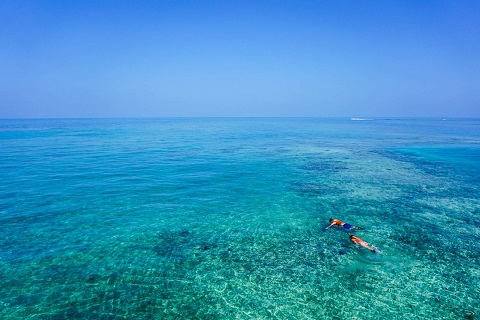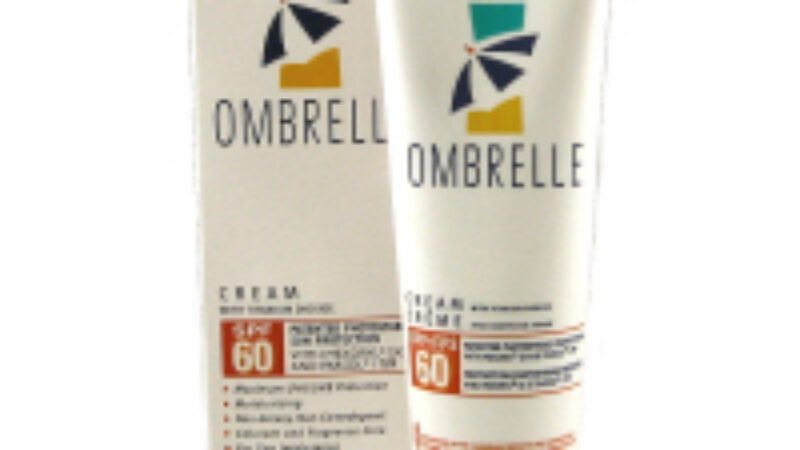Sun filtering agent oxybenzone (also known as benzophenone-3) has long been a subject of heated debated. Approved for use since the 1970’s as an effective blocker of UVA and UVB rays, ample time and opportunity has passed for extensive tests on its safety.
A quick search on the internet shows that the main concerns with oxybenzone are that:
- It has been associated with allergic reactions triggered by, ironically, sun exposure.
- It can generate free radicals which is a major cause of the cellular damage that can lead to signs of premature aging and some degenerative diseases.
- It can be absorbed into the skin in significant amounts. In 2008, the US Centers for Disease Control released a study revealing that it was present in 97% of Americans tested for this chemical.
- It has been identified as a hormone disrupter with estrogenic properties. In fact, the Environmental Working Group (EWG) has rated it in the “high hazard” range.
Oxybenzone apparently acts as an endocrine disruptor not only for humans but for the delicate coral reef eco-system worldwide. A study released last year by the non-profit scientific organization Haereticus Environmental Laboratory in Virginia put forth the argument that oxybenzone is significantly contributing to the decline of the coral reefs, particularly in Hawaii and the Caribbean where large numbers of tourists, using sunscreen, tend to visit.
According to the study, oxybenzone can be fatal to baby coral and extremely damaging to adult coral, altering their DNA and impacting their formation. It is estimated that 80% of the coral reef in the Caribbean has been lost and that preserving the existing global coral reef population will be an uphill battle if the risk factors do not improve.
The news is not all bad, however. Choosing a sunscreen which uses either zinc oxide or titanium oxide as the active sun filter, such as Anthelios Mineral Ultra Fluid SPF 50 tinted or Cliniderm SPF 45 Protective Lotion, may be more gentle on the environment as these are naturally occurring minerals and have not been found to be harmful to coral. Sunscreens specifically formulated for sensitive skin, such as Anthelios XL SPF 50 Dermo Kids Lotion, may also contain less harsh ingredients.



